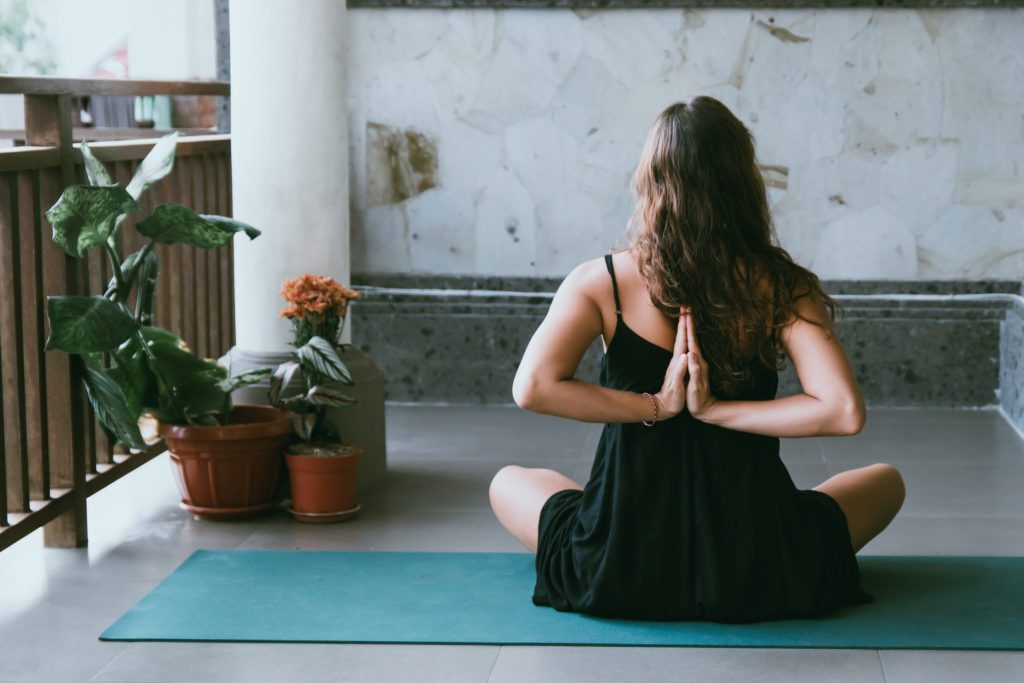Does Exercise Really Help with Menstrual Cramps?
- Category: Women's Health
- Posted On:

Menstrual cramps can range from minor discomfort to quite debilitating. Known by the medical term dysmenorrhea, cramps cause contractions and pressure in the belly, hips, lower back, and even the inner thighs. There are several ways to cope with dysmenorrhea: Over the counter pain medication, heated pads, and …exercise?
Most of us have heard this claim at some point: If you peel yourself off the couch and start moving, breaking a sweat will actually relieve some of the pain associated with menstruation. But let’s be honest: That’s the last thing most women want to do. Can exercise really help? Here’s what the research says.
A FitrWoman® Global Study Says…
Lace-up those tennis shoes. A 2019 global study that looked into the effect of exercise on period pain found that it has a hugely positive impact when it comes to menstrual cycle symptoms.
Researchers from St. Mary’s University partnered up with FitrWoman®, a period tracker app that helps women train in tune with their cycle. They analyzed responses from over 14,000 women from around the world using Strava (a running/cycling app). A whopping 78% of subjects reported that exercise reduced period pain.
In this study, the majority of subjects said that moderate-intensity exercise (categorized as ‘hard breathing, but able to hold a conversation) is most effective at combating symptoms. Think of A brisk walk, a yoga class, light cycling, or swimming.
How does exercise decrease menstrual cramps?

Exercise relieves cramps because it helps release beta-endorphins, sometimes called “human morphine”. Exercise also produces analgesia [pain relief] and helps to burn the prostaglandins or chemicals released during menstruation that cause muscle contractions, much faster than at rest.
Aside from the biological processes that happen, exercising during your period has other benefits, too. It can help with water retention (feeling bloated) and improve your mood. Exercise also provides a boost of energy for the rest of the day.
While it’s natural to just want to lay in bed and watch Netflix all day as your uterus contracts, that can lead to fatigue that’s hard to shake off even after your period is over. It might be hard to get started, but once you get into a rhythm, you’ll feel more awake and alert. Give it a try; you may forget you were in pain in the first place!
Note: If your menstrual symptoms are so debilitating that they keep you from daily activities, or if your periods last longer than eight days consistently, contact your primary care provider or OB/GYN.